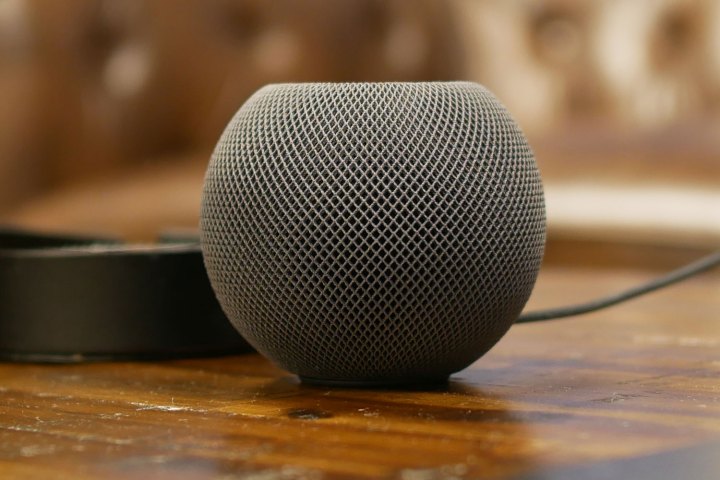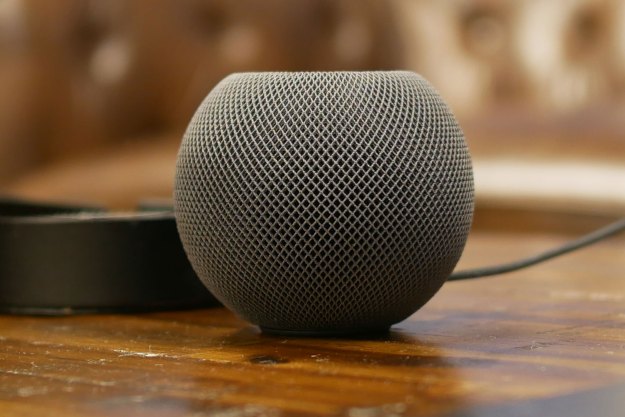Apple recently revealed its second-gen HomePod, which is set to become the company’s flagship smart speaker in 2023. Featuring the S7 chipset, spatial audio, Matter compatibility, and tons of fancy room-sensing tech, the device is certain to be a hit when it launches in February. It’ll also feature a temperature and humidity sensor. Oddly enough, so does the existing HomePod Mini — except Apple has only just activated the feature.
Apple has kept the temperature and humidity sensor deactivated for years, although now, with the launch of a new HomePod around the corner, the company has finally gone ahead and turned on the instrument in its existing Home Mini lineup. Once your HomePod Mini receives the update, you’ll be able to use it to track both the temperature and humidity in your home, then use that information to create various automations through Apple Home.

For example, you can have your thermostat or fan automatically kick on when your HomePod detects a certain temperature. It’s a minor feature, but one that should give you a bit more versatility to create automations for your home without needing to buy an external sensor.
The temperature/humidity sensor feature should be unlocked with today’s iOS 16.3 release, which also brings support for the upcoming HomePod, along with various security-minded updates. This includes an update on how Emergency SOS calls work and the use of physical security keys as part of two-factor authentication.
The HomePod Mini is available today for $99, while the newly announced HomePod will launch on February 3 for $299.
Editors' Recommendations
- Echo Pop vs. HomePod (Gen 2): is the HomePod worth its added cost?
- Apple might launch a HomePod smart display in 2024
- Apple HomePod Mini vs. Apple HomePod
- Apple reportedly working on a new iPad-like smart home display
- HomePod Mini vs. Echo Dot: which is better?




